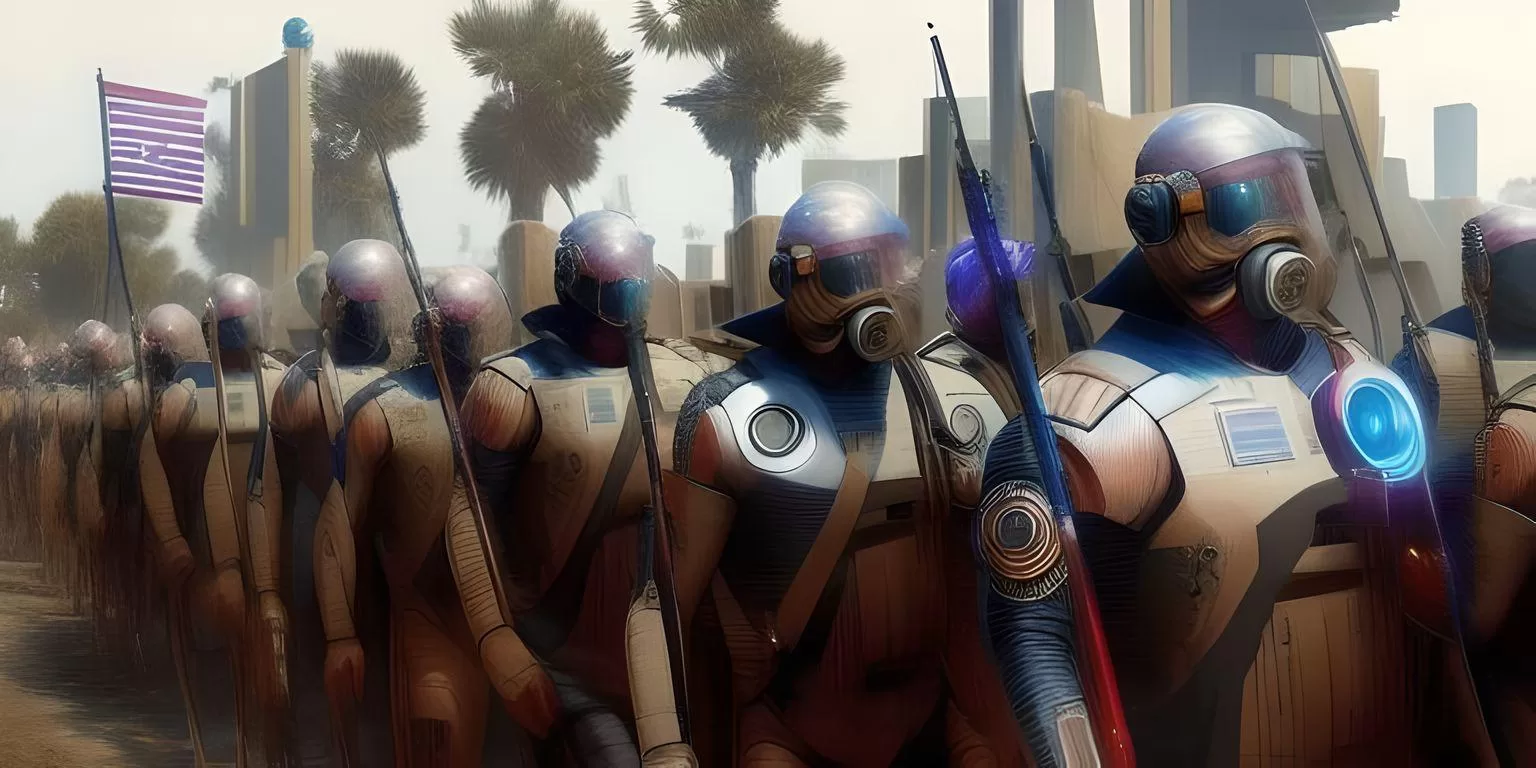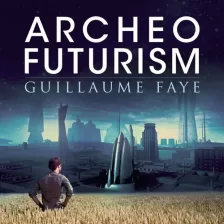In his widely-known book Archeofuturism: European Visions of the Post-Catastrophic Age (Arktos, 2010), Guillaume Faye called upon us to adopt a radical mindset, or, as he puts it. a ‘radical thought’. This thought is, as he explains, ‘neither extreimst nor utopian’. Its radicalism does not lie in dogmatic extremism, which the mainstream media regularly uses as a synonym for radicalism, but in envisioning a future that will make ‘a clear break with the irreparably worm-eaten present’, or an ‘aftermath of the system’ that is based on a genuinely revolutionary worldview. Faye points out that we should not merely resist the current system and the general destruction it is causing, but also adopt a worldview ‘which makes a radical break with contemporary values and morals’. In his opinion, only radical thought is ‘capable of creating daring ideas to destroy the ruling ideological order and enable us to free ourselves from the vicious circle of a failing system of civilisation’. Such thought goes ‘to the roots of things’ as it questions ‘the very worldview on which the present civilisation rests’, namely egalitarianism.
In contrast with the left-wing radicalism of the 1960s, which has now become the new normal, while it is still shifting the Overton window to the left, destroying the values and bonds upon which our civilisation was built, the radical thought of Guillaume Faye, as well as the ‘radicalism’ of the Identitarian Right that will not bend the knee to any aspect of the ruling ideology, does not seek to normalize perverted, unnatural and disturbing practices and life choices, as the Left is doing under the guise of moral and cultural relativism, and the individual´s freedom of choice. It seeks to reaffirm the values and principles that are archaic, but not outdated or ‘reactionary’, as they are mere reflections of human nature and natural laws, and thus eternal and always relevant.
As society strays from those values in the opposite direction or is guided that way by subversive forces, the once generally accepted norms, such as the importance of family and national or racial consciousness, the biological facts that there are only two genders and that race is real, and so on, become alienated and gradually radical. In a society, the concept of radicalism may be seen as relative in the sense that thoughts and ideas that are considered incompatible with the general mindset and norms, or advocate the complete opposite of the dominant worldview, are viewed as radical. Therefore, as the radical leftists, feminists, advocates for LGBT+ rights, and supporters of multiculturalism managed with the help of globalists to occupy the highest positions in Western societies, they became opinion molders. As their ideas and views gained ground and became new norms, they ceased to be the radicals and the rebels, although they presented themselves as such.
Today the real rebels, the new ‘punk rock’, those who genuinely question the status quo, are the Identitarians, the right-wingers, and traditionalists who vehemently oppose the liberal leftist virus. Those who stand for the values which were once considered normal, but are today ostracised and regarded as ‘a thing of the past’, even though they are still important, and will always remain so. As Julius Evola once pointed out: ‘My principles are only those that, before the French Revolution, every well-born person considered sane and normal.’
If we return to Faye´s Archeofuturism, a vision of the world where technology and tradition, the newest inventions and archaic values, complement each other and together form a whole, he wrote that such vision of the future is based both on ‘the radical overthrowing of modern values’ and on ‘a spherical view of history’. The latter perfectly encapsulates the importance of certain values by representing ‘the re-emergence of archaic social configurations in a new context’, which means ‘applying age-old solutions to completely new problems’ and ‘the reappearance of a forgotten and transfigured order in a different historical context’. As Faye describes in his book, such a view of history can be imagined as a billiard ball moving across the surface, ‘After a number of spins, the same point on the surface of the ball will inevitably touch the cloth. This is the “eternal return of the identical”, but not of the “same”. For the sphere is moving and even if that very “same” point is touching the cloth, its position is not the same as before. This represents the return of a “comparable” situation, but in a different place.’
When certain traditional values begin to fade away or are pushed out by a new set of ‘modern’ norms, based not on human nature but on the whims of a ‘liberated’ individual and the consumer society, a traditionalist becomes the new revolutionary, and a conservative becomes the new radical. It was one of the premises of the thinkers that belonged to what has become known as the Conservative Revolution that once society declines to the point where the traditional values that give some sense of order and meaning to our existence are almost completely gone and forgotten, there is nothing left to ‘conserve’, and the conservative must turn into a revolutionary. His objective must become to re-establish a society in which the traditional and conservative values will once again reemerge in its social and spiritual center. In most of the ‘Western world’, we are at that point today where the Identitarians, nationalists, and conservatives, although there may be some differences among them, must, just as Faye suggested, embrace the radical thought and their fate as the new revolutionaries, as metapolitical soldiers in the great culture war of our time.
It is a mistake of many ‘moderate’ conservatives that they still put their faith in institutions that are crawling with cultural Marxists, or in such notions as ‘the rule of law’, believing that they are just one election victory away from the return to normality while trying to appease the leftist media by condemning and denouncing the more ‘radical’ elements of the Right. Political battle will only bear sour fruits if it is not be accompanied by a metapolitical struggle which is also an important prerequisite for victory, and for the establishment of our own cultural hegemony, built on the foundations of genuinely European values and traditions.












